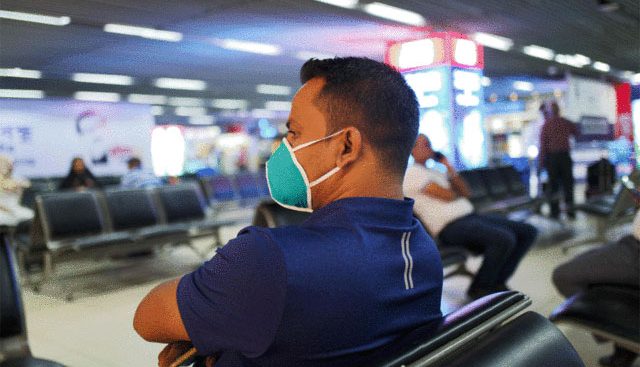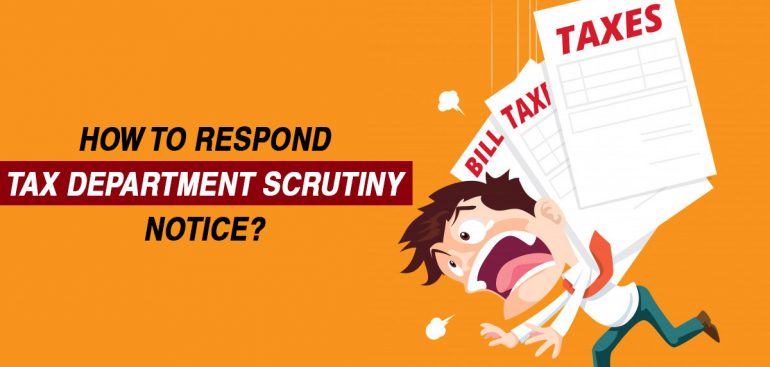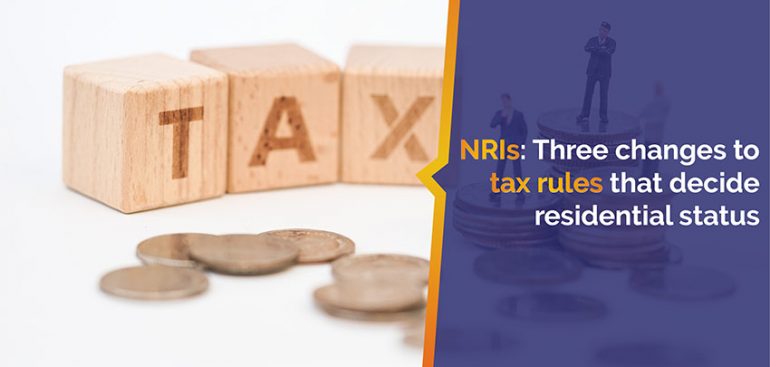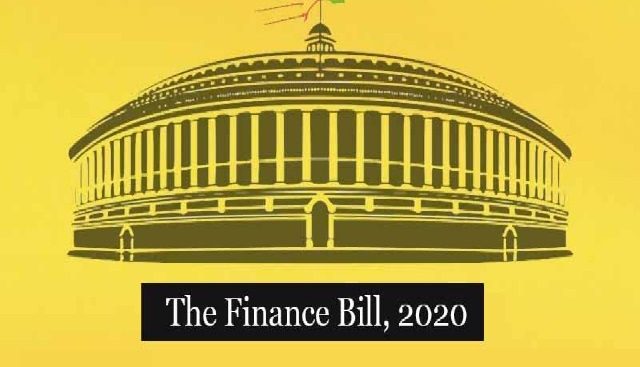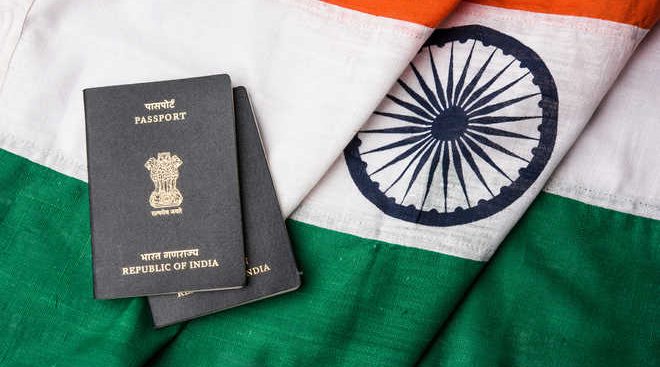Central Board of Direct Taxes vide its circular dated 08.05.2020, provided clarification in respect of residency under Section 6 of the Income Tax Act 1961, regarding the Residential status of those person who could not leave Indian territory due to the lockdown and those who were quarantined due to the Preventive measures. This has been brought forward to avoid genuine hardship to the Public.
The Central Board of Direct Taxes in a circular said the decision has been taken following various representations in the matter, as concerns were expressed that a prolonged stay in the country may make them a resident of India under Section 6 of the Income Tax Act, 1961
It has been clarified in the circular that following relaxation shall be given in calculation of number of days for the purpose of treating a person as resident of India:
Those who have been unable to leave India on or before March 31, 2020.Their period of stay from March 22, 2020 to March 31, 2020, shall not be taken into account.
Those who have been quarantined in India on account of the novel coronavirus (or COVID-19) on or after March 1, 2020 and have departed on evacuation flights on or before March 3e1, 2020. Their period of stay from the beginning of quarantine to the date of departure of March 31, as the case may be, shall not be taken into account.
Those who departed on an evacuation flight on or before March 31, 2020. Their period od stay in India from March 22, 2020 to their date of departure shall not be taken into account.
This circular of Govt of India has brought relief to many of the individuals who have been stuck up due to the Covid-19 outbreak.

